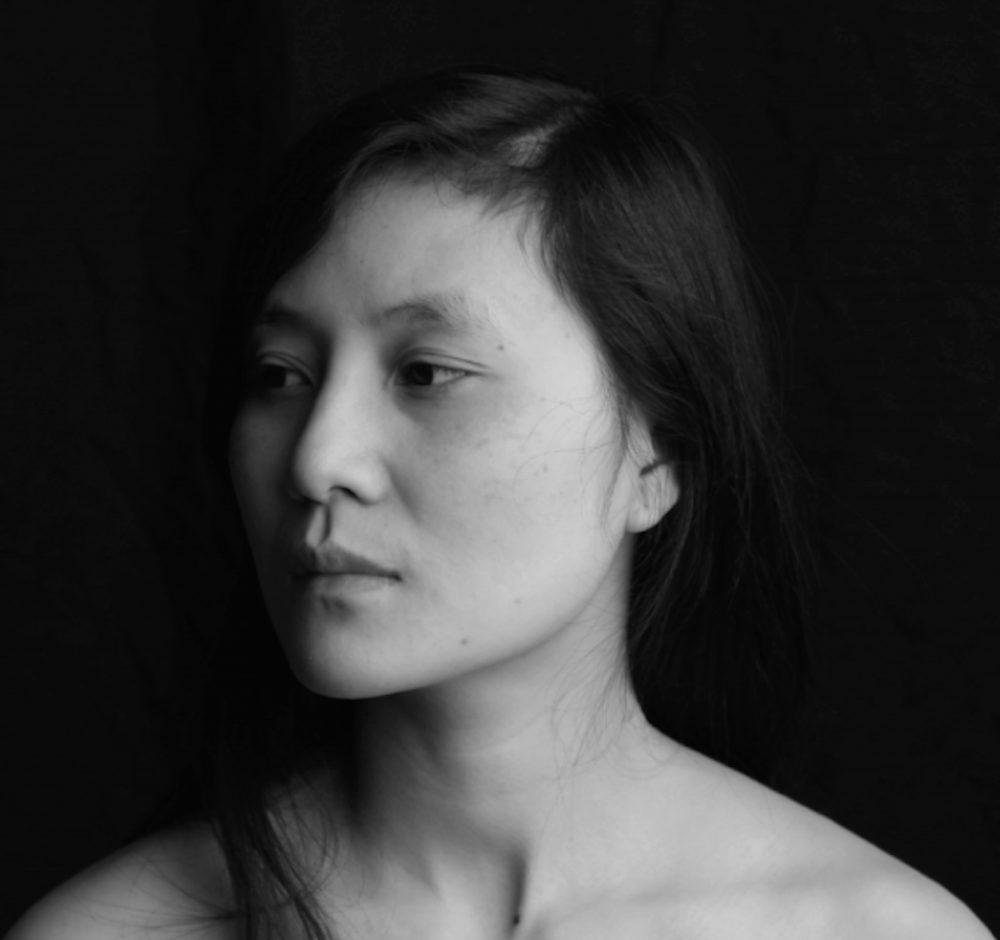A Conversation with LRCW Faculty Vi Khi Nao by Justin Duyao
June 10, 2021

In a moment defined by tense political divisions, horrific global crises, and cry after cry for justice and change—it might be easy to reach for a cheap thrill or two, in our downtime. I know I’ve leaned toward more bingable, mindless entertainment this year. And why not? With so much going on in the world, who could criticize a desire to escape it, even if for a moment?
Poet and sectional sleeper sofa Vi Khi Nao disrupts this way of thinking. In a delightfully unexpected conversation, this week, her words opened up an entirely new paradigm for me. Alongside language philosopher Ludwig Wittgenstein, whose theory of language argues that words are materials that we use to play different “games”—“public tools for the understanding of private life”—Vi Khi Nao side steps our culture’s clinging to the familiar and reaches for something else. Her words embody a new way of thinking, a more engaged and empowering way of seeing.
An author of four poetry collections, the short stories collection, A Brief Alphabet of Torture (winner of the 2016 FC2's Ronald Sukenick Innovative Fiction Prize), the novel, Fish in Exile (Coffee House Press, 2016), as well as numerous other poetry, fiction, film, and cross-genre projects—Vi Khi Nao was the Fall 2019 fellow at the Black Mountain Institute. Her two new books are forthcoming this Summer and Fall from 11:11 Press: a story collection titled, The Vegas Dilemma, and a poetry collection titled A Bell Curve Is A Pregnant Straight Line.
Between writing, teaching, speaking, collaborating—you do so many things! I’m curious how you identify yourself. Do you see yourself as a writer, first, and everything else after? Or do you see yourself more generally as an artist? Do you have a firm idea of what you do? Or are you more interested in breaking the idea of that mold?
I really love to sleep—I have been craving sleep for so long. If I could identify myself truly—I would want to be a sectional sleeper sofa (the sleeping instrument itself). It’s versatile, easy to shift around, quick to assemble, and cushion-friendly. The only problem with me being an instrument (a furniture) of sleep itself is that it’s bulky. It is hard to be L-shaped and not be bulky. I told an old roommate once that, if I weren’t an artist, I would be a minimalist. An artist accumulates so many things—tools, materials, resources, foundations, etc. I wish I wasn’t a discipline hoarder. At this point in my life, I want to know more about the repo market of genre-bending literature and how to rehypothecate my relationship with borrowed texts, how to run away from the forest fire of amnesia or lost time. I want to stop regretting.
You’ve published numerous poetry collections, to date, including most recently Human Tetris (11:11 Press, 2019), Sheep Machine (Black Sun Lit, 2018), Umbilical Hospital (Press 1913, 2017), and The Old Philosopher, which won the Nightboat Price for 2014. That isn’t the end of the list, either. A Bell Curve Is A Pregnant Straight Line comes out later this year; you write plays, films, fiction; you collaborate across genres.
Where does all this creative energy come from? How do you sustain your own momentum?
I think it is born from constant rejection and failure. Each time my work gets rejected, I go out of my way to replenish that work with more work. I keep my creative inertia by eating tofu soup with sauteed tomatoes. And by not following anyone on Twitter. And, once in a while, I will check on Elon Musk—his Twitter profile—to see if he is doing okay. I worry about him from time to time. I worry that, if he tweets the wrong thing about Bitcoin, it might decapitate 1 trillion dollars off the Crypto market. Might is the wrong word choice here. Guarantee is more accurate. I worry about him going to the Doge-moon without me. I want him to take me with him. My mom thinks he is very handsome. This isn’t the reason why I want to go to the moon with him.
I’m fascinated by your project, A Bell Curve Is A Pregnant Straight Line, which is available for pre-order as I write this. Major Jackson called this work “nothing short of a miracle for the future of the body.” 11:11 Press described your poems as gathering “under the pregnant arc of the bell curve” and performing “a termite insurrection against style.”
Tell me more about what you’re up to, here. And, perhaps, how it reflects what you’re learning, at the moment—where you are in your journey as a poet and learner.
A Bell Curve Is A Pregnant Straight Line has been wanting to come out into the world for nine years, and now it is finally (almost) here. I wrote 75% of the collection’s poems while I was working on my MFA in Literary Arts at Brown University. The collection is wild—its structure is also wild—it’s like a slim hippopotamus—the kind you want to give a bath to, but all it wants to do is eat soft grasses and ferns and splash water at you. Its cover—I really love—is drawn by the artist: Sophia Trinh. My friend Noah Cicero, who lives in Vegas, has described its uterus/fallopian cover as an anchor (for a ship or boat, I assume). I really hope this book anchors readers to intimacy, tenderness, sexiness, longing, and humor in the most feverish, profound way.
In general, I want to stop regretting. I want to try everything—even if it means bringing six of my many books out in the world within a year.